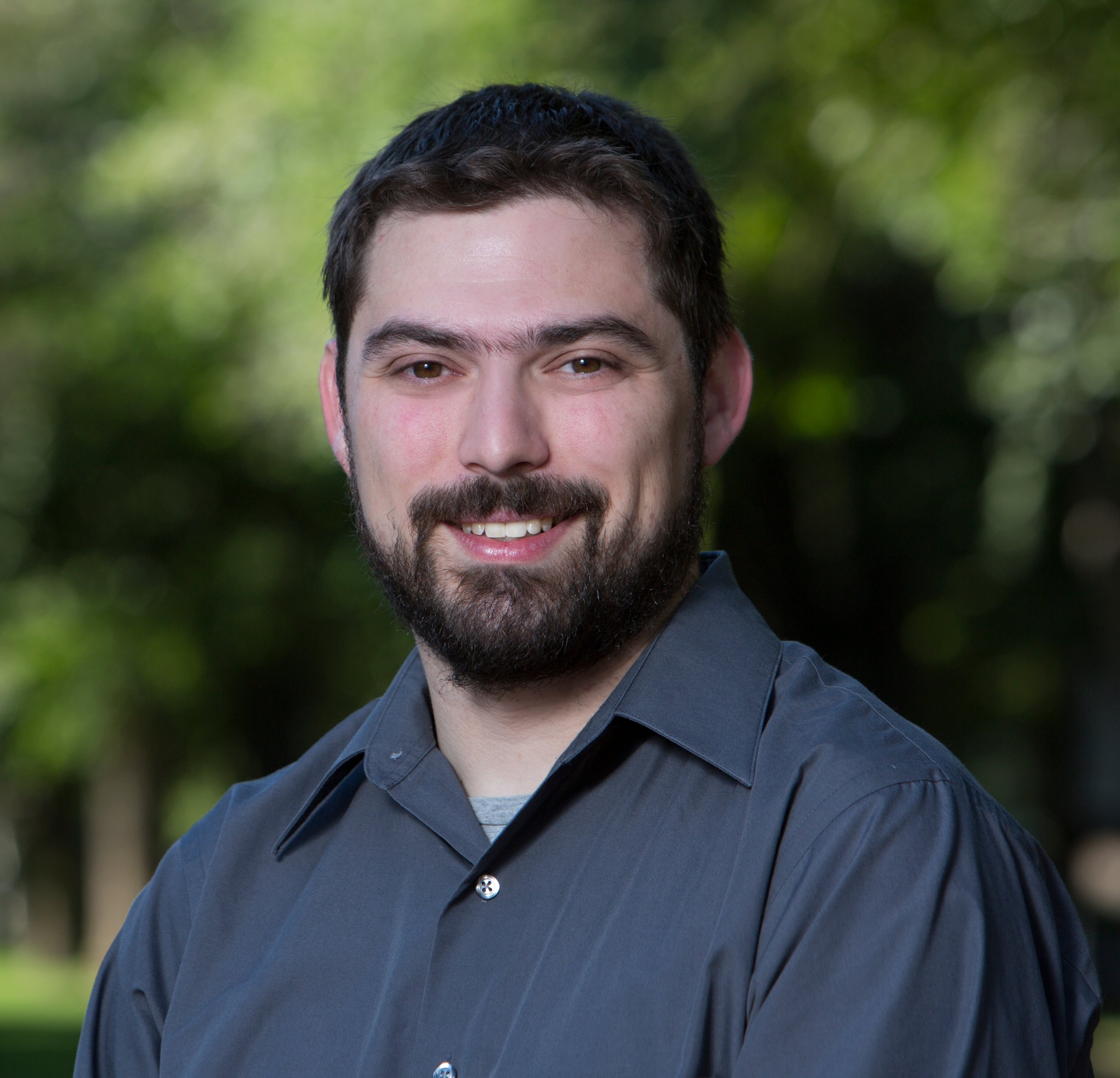Publication Details
- Keywords:
- mental health
Abstract
Project Description: Mental health is a key attribute for success in graduate programs. However, previous studies demonstrate a growing mental health crisis in graduate education, which can contribute to issues with productivity, departure, and well-being. Engineering students are not immune to this crisis, yet are one of the least likely disciplines to seek help for mental health.
Despite this trend, there is limited literature available to provide evidence-based practices for addressing the causes and persistence of mental health issues for engineering graduate students. To address this need and to begin advocating for systemic change, this project will explore how faculty and student attitudes about mental health intersect with the institutional features that direct action when a mental health crisis arises.
Understanding these facets of mental health in academia is a first step toward changing the policies and practices that have perpetuated the mental health crisis in engineering. This EEC project will develop evidence-based practices to improve student mental health services in graduate engineering programs. The study will also develop a new engineering education faculty member by fostering his skills and equipping him to be a contributing member of the engineering education research community.
Methodology: To accomplish these goals, this study systematically explores how faculty and student attitudes about mental health intersect with institutional features and shape programmatic trends. Specifically, the project will answer the following research questions: (1) What are the institutional and individual features that influence students’ attitudes about mental health? (2) What are the institutional and individual features that influence faculty attitudes about mental health? (3) What are the different attitudes about mental health across engineering degree programs? To answer the three research questions, this work will employ a three-phase multi-method qualitative study. In Phase 1, engineering graduate students’ and engineering faculty’s attitudes about mental health are being examined through the use of Interpretative Phenomenological Analysis. The attitudes of each group will be examined separately and then each group will be compared to understand the ways these perceptions intersect and influence action. Leveraging the experiences of Phase 1, Phase 2 will refine existing interview protocols and develop a codebook for deductive coding. Phase 3 will utilize the results of Phases 1 and 2 to phenomenographically examine how graduate student and faculty attitudes about mental health are influenced across departmental structures and cultures. Findings from all phases will be used to shift institutional policies and practices that exacerbate the mental health crisis.
Emergent Results: Early faculty interviews show that faculty have varying attitudes toward graduate student stress and mental health. Further, we show that their desire to engage in discussions with their students about either stress or mental health is on a wide spectrum, often with work productivity at the core of these discussions. These differences relate to faculty’s own experiences and struggles with stress and mental health when they were graduate students. This highlights the ways participants’ lived experiences influence attitudes about and actions toward mental health and the ways institutional structures create variability in these attitudes.
Author Details
| Name: | David Feil-Seifer |  |
| email: | dave@cse.unr.edu | |
| Website: | http://cse.unr.edu/~dave | |
| Phone: | (775) 784-6469 | |
| Status: | Active |
| Name: | Mackenzie Parker |
| Status: | Active |
| Name: | Adam Kirn |
| Status: | Inactive |
BibTex Reference
title={Examining Faculty and Graduate Student Attitudes on Stress and Mental Health},
author={David Feil-Seifer and Mackenzie Parker and Adam Kirn},
year={2022},
month={February},
booktitle={ASEE Annual Conference & Exposition: NSF Grantees Poster Session},
}
HTML Reference
Support
Research Initiation: Graduate Student Mental Health and Stress in Engineering, National Science Foundation (NSF) PI: David Feil-Seifer, co-PI: Adam Kirn, Amount: $200,000, Jan. 1, 2021 - Dec. 31, 2022
